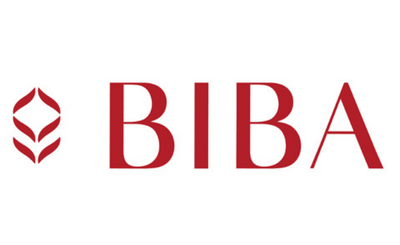
It has appeared to step up the rate at which Amazon bans reviewers which were on top, according to data provided to Business Insider by members of the subreddit r/TheGreatAmazonPurge. A bot connected to the subreddit has tracked the deletion of top Amazon accounts over the last two years
The e-commerce giant’s efforts to curb abuse of its reviews system came under scrutiny earlier this year when a large number of Amazon customers found their accounts deleted for what the company said was a violation of its terms of service.
Amazon ranks its reviewers not only in terms of the number of reviews they have written, but also by how many customers have indicated the reviews were helpful for them.
The group runs a script – or bot – that scans the Amazon-published list of the top 10,000 reviewers and adds accounts to a list when it notices an account and all reviews associated with it have been deleted. The process is run manually every day.
As of October 29, the bot has tracked 5,705 total account bans, or purges.
The data, which stretches back more than two years, points to an increase in the number of purges per day in late 2017, which continued into spring 2018. The trend could indicate that Amazon stepped up enforcement during that period.
The closures then tapered off during the summer before starting to increase again later this year.
The banning of Amazon accounts has been so prevalent this year that it became news as customers banded together in protest.
Many who were banned from Amazon claimed they didn’t know what was going on, and that they didn’t knowingly violate any rules. The email Amazon sends to inform account holders that they have been banned is boilerplate, leaving some to wonder what they did wrong.
Business Insider covered the banning prominently, including a deep dive that included interviews with 29 Amazon shoppers and sellers. That reporting uncovered a vast underworld of pay-for-play schemes by vendors who try to get positive Amazon reviews by any means necessary, including offering free items in the form of PayPal gifts or gift cards.
Amazon changed its terms of service in 2016 – around when the bot was created – to ban this kind of behavior, but it still persists.
In a statement, Amazon told Business Insider that it takes reviewer fraud seriously.
“We know that millions of customers make informed buying decisions everyday using customer reviews,” an Amazon spokesperson said.
They continued: “We take this responsibility seriously and defend the integrity of reviews by taking aggressive action to protect customers from dishonest parties who attempt to abuse the reviews system. We take forceful action against both reviewers and bad actors by banning or suppressing reviews that violate our guidelines, regardless of top reviewer status, and suspend, ban or pursue legal action against bad actors, regardless of sales performance.”
Amazon needs its reviews to feed its powerful online-shopping engine.
“It’s a virtuous cycle – the more reviews, the more buys. The more buys, the more reviews. The more buys, the higher your rank in search and the more sales you get,” Alice Kim, owner of online cosmetics brand Elizabeth Mott, told USA Today in March 2017.
Reviews give customers more confidence to purchase online, but the system doesn’t work if customers don’t trust them.
“We give more weight to newer, more helpful reviews, apply strict criteria to qualify for the Amazon verified purchase badge, and enforce a dollar amount requirement to participate in our community,” Amazon’s statement continued.
“Customers can report suspicious reviews 24 hours a day, 7 days a week, and we investigate each claim. Customer reviews are one of the most valuable tools we offer for making informed purchase decisions and we work hard to make sure they are doing their job.”
The development was reported by retail.economictimes.indiatimes.com






